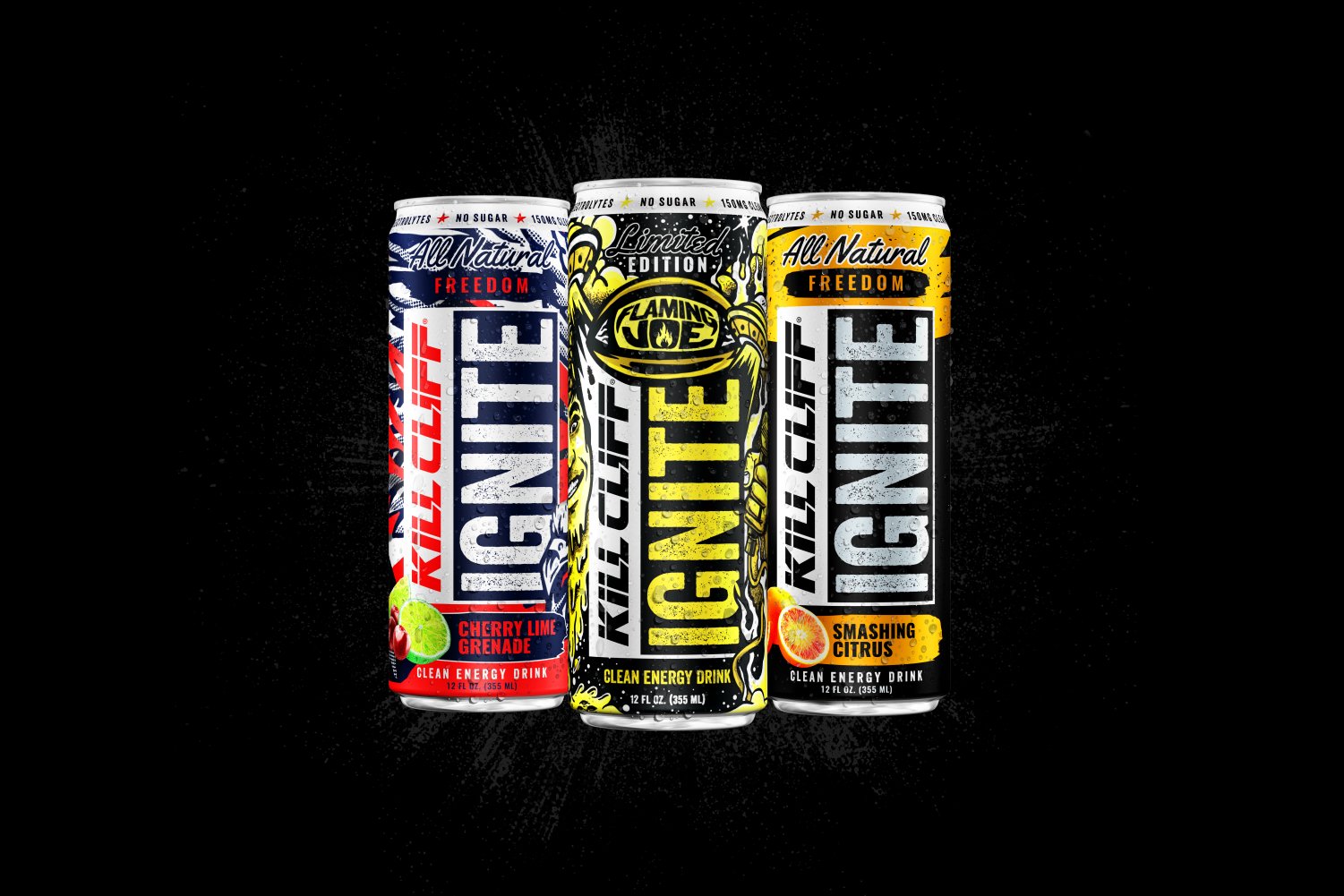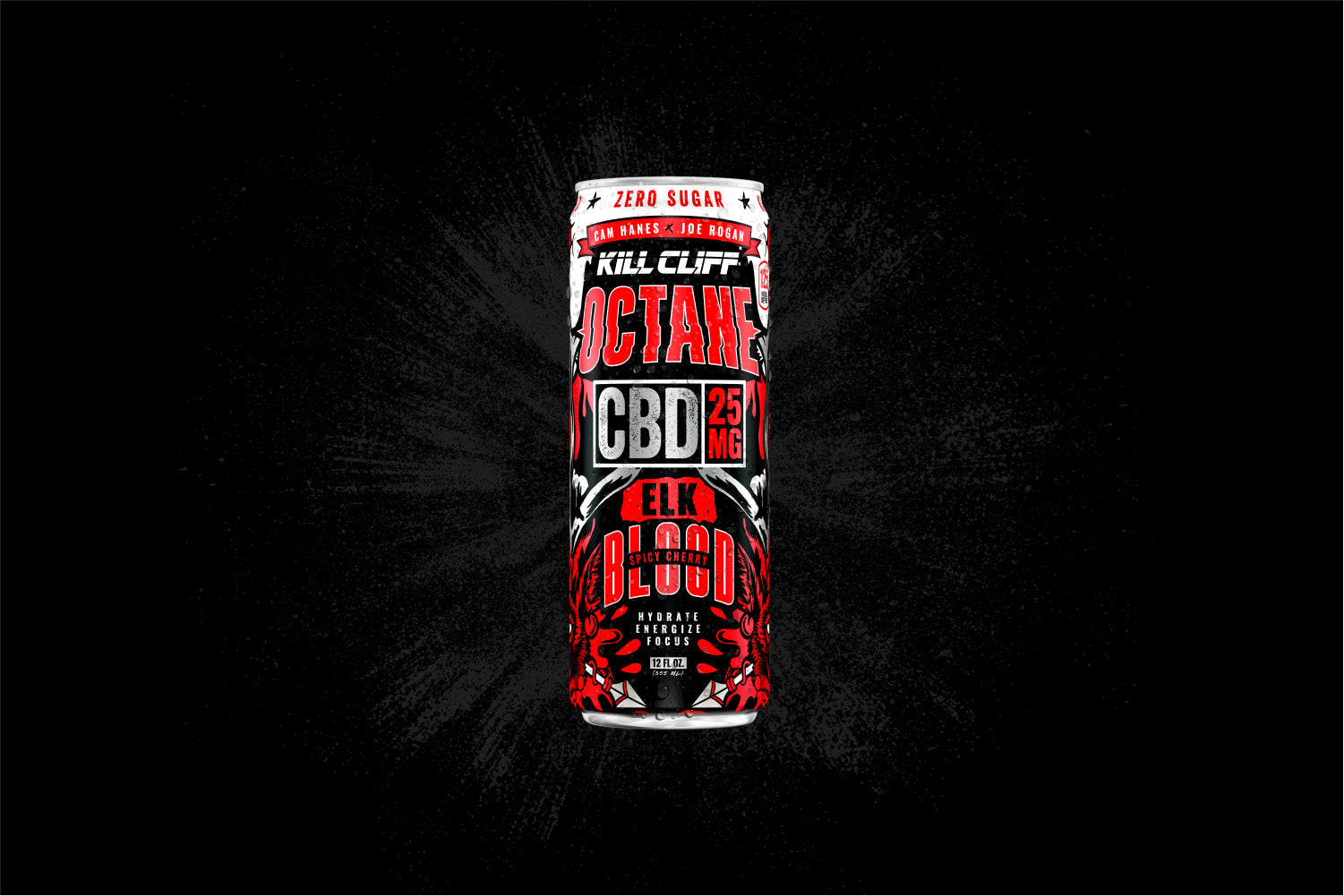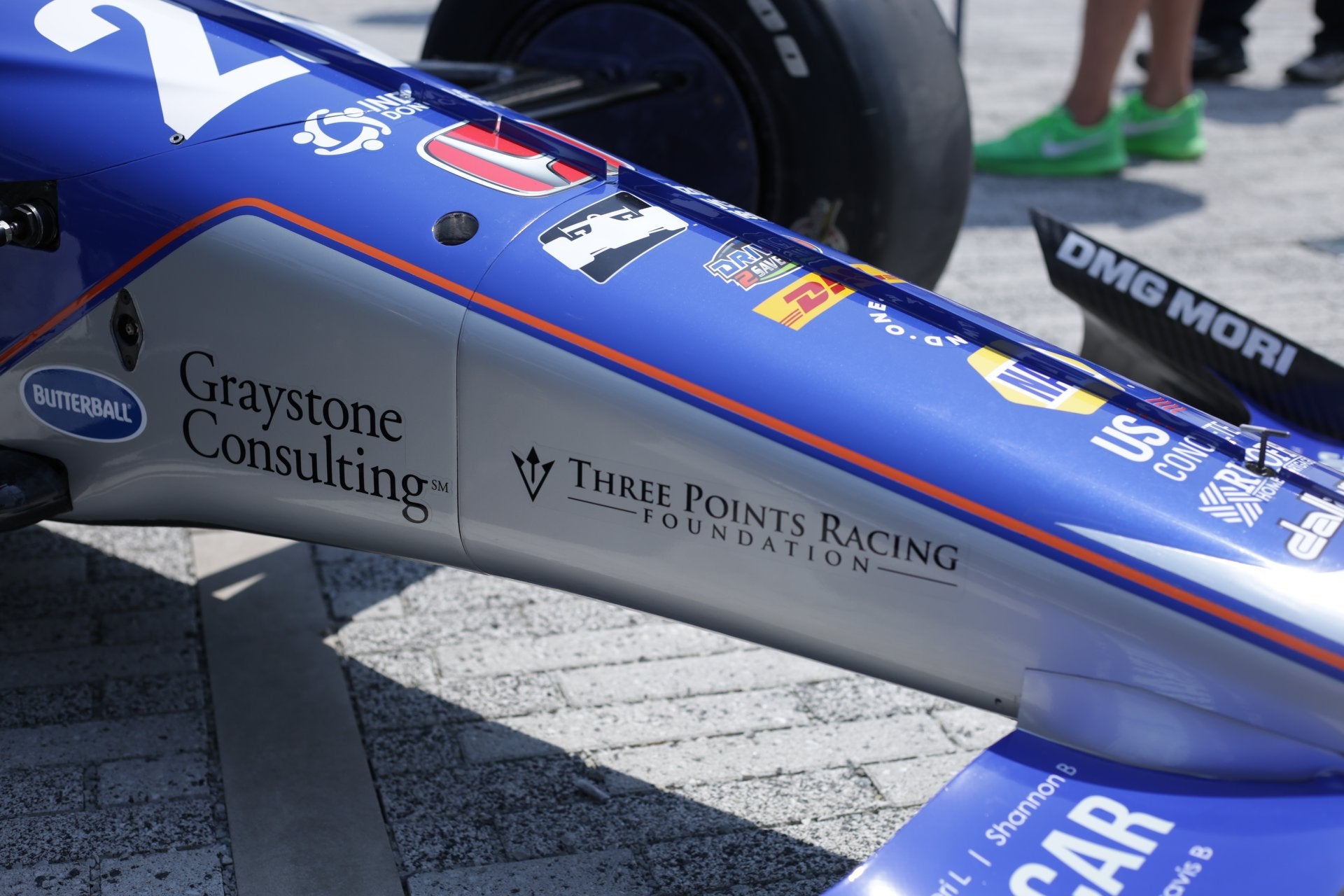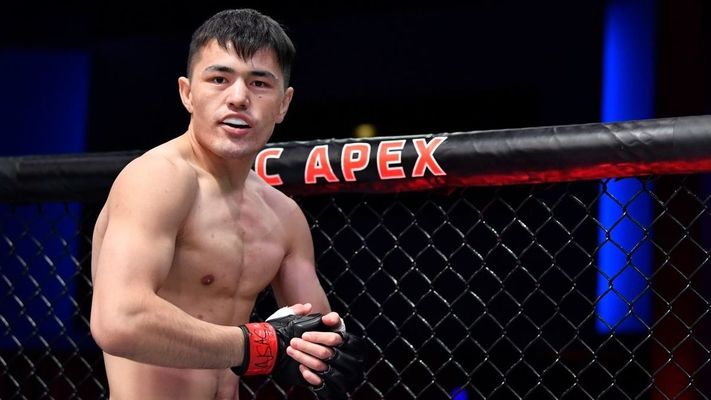
The transition out of military service is never simple, but Three Points Racing is here to help military veterans transition their skills to the race track.
Executive Director Terry Houin describes how Three Points Racing came about and how they are looking to help veterans make the often difficult transition out of service.
Houin gave us some background on how the idea for TPR came about, a deeper look at their mission, and how the combination of military and racing is a natural fit.
KC: You served 26 years in the special operations community. What are some of the biggest lessons you learned during your time serving?
TH: I’ve been a part of the military and the SEAL community for 26 years, which is my entire adult life. Everything I’ve become has been strongly influenced by this community and the people I’ve served with. Taking a deeper look at it, one of the biggest lessons I’ve learned is to be confident and aggressive. Taking action is the typically best answer for any situation instead of trying to overthink it. What sets us apart and gives us the ability to take action is that we have the skills and training to prepare us for just about any situation and we have enough humility to not step over the line and take bad risks, it keeps everyone safe. If I look back at all of the missions I’ve been a part of I can think of maybe a handful that actually went as planned, most had something change along the way that required us to adapt. It’s a big thing for us to thrive in the chaos of battle because we have such a high level of training and trust our instincts and our teammates the Chaos doesn’t get to us. The biggest lessons I learned are being confident, aggressive, and taking action. This doesn’t just apply to the operational battlefield but in every aspect of life.
KC: How did Three Points Racing get started?
TH: Three Points Racing got started simply from the conversation with a teammate about life after the military and how hard the transition is. One of my passions is to continue to help my fellow veterans, so we wanted to do something for them but we weren’t sure what to do. We spent about an hour talking about the transition process and where we could make a positive impact on veterans and idea of Three Points Racing was born.
The fundamental basis of our program is to translate veterans’ experiences and skills, train them for different positions, and help in the transition into these positions and jobs. We chose racing and motorsports as the platform as its natural fit for high performing, teamwork minded veterans.
KC: in your opinion, what is the most difficult part of the transition out of the military and how is Three Points Racing able to combat that?
TH: When you’re in the military, you have a higher purpose to serve the country, community, and your teammates. You give up that higher purpose when you retire, and you need to find a new purpose outside of the military or risk getting lost. How can you continue to serve your family and community? How do you find something to belong to that’s bigger than the individual? That’s what is driving my passion for what Three Points Racing foundation does. We are providing veterans that opportunity to find a team and community to belong to, something to spark their passion and excite them to show up every day.
KC: Why are racing and veterans such a good mix?
TH: I feel that it’s a good mix because if you boil down what the military does, it’s to perform under pressure in a high-risk dynamic environment. Whether it’s a mission, overseas deployment or training there’s always pressure to perform as a team. It’s the same way in racing. It doesn’t matter what part of the team you’re on, you have to perform under pressure and the team is dependent on you. Both the military and racing community share those traits. We are working to educate the racing community to understand what military veterans bring to the table as well as educating the veterans where they fit after they get out, so it’s a great mix.
KC: What does Kill the Quit mean to you?
TH: I boil it down to being professional and doing the work. Everything that’s worth doing doesn’t come easy. There’s always going to be adversity – whether it’s in racing, on deployment, or 10 days in the backcountry, you name it. I have never met anyone that has quit something they wanted and were happy with themselves afterward. Kill the Quit is adapting, overcoming, being professional, and winning the day.








